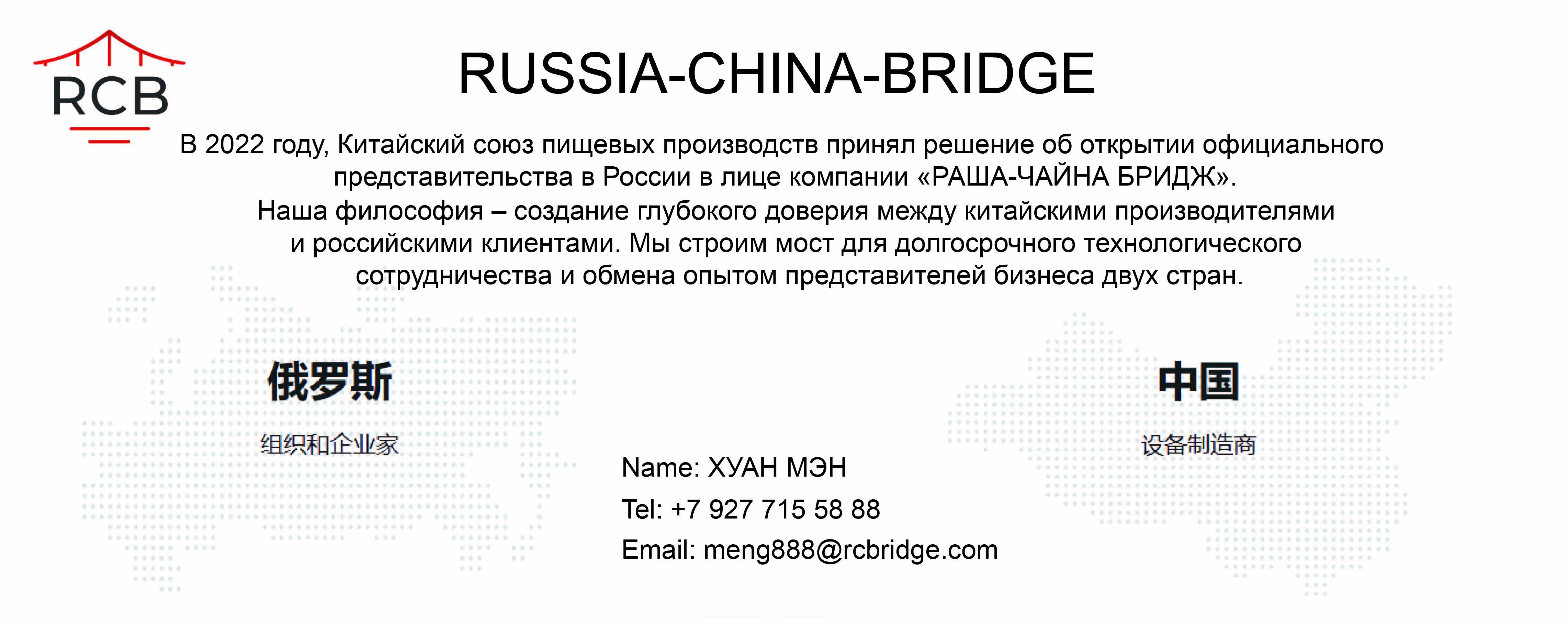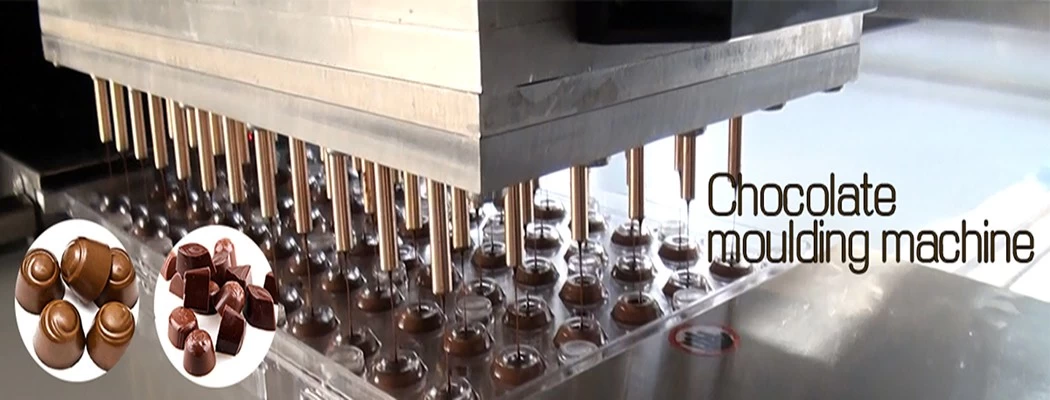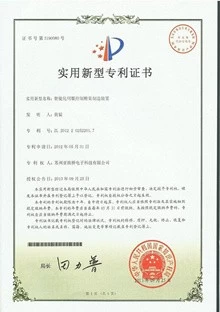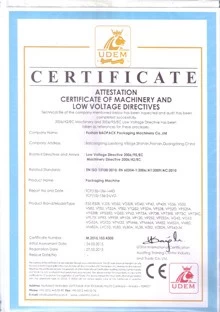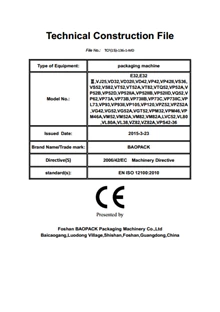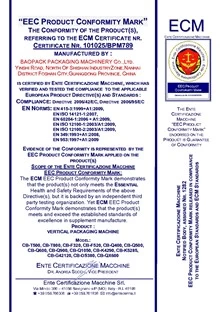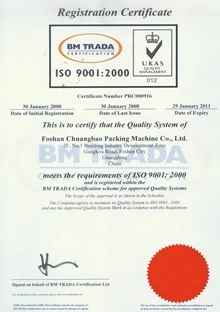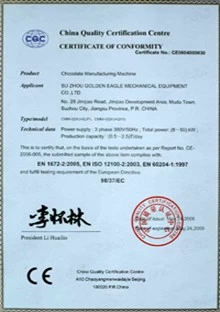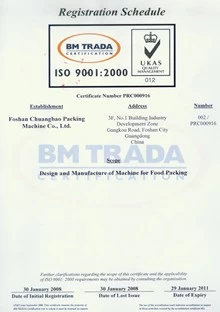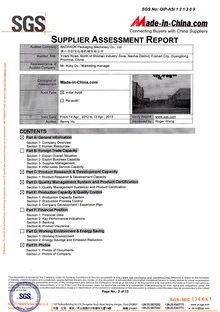Red wine and dark chocolate can make senescent cells "refresh"
chocolate-machines.com
chocolate-machines.com
2018-03-13 10:05:59
As the age grows, the aging cells in the human body accumulate gradually, the normal function decline, and people become susceptible to disease. A new study in Britain found that natural substances in red wine, dark chocolate, red grapes, and blueberries can restore the activity of aging cells.
The compound is called resveratrol analogs. Researchers from Exeter University and the University of Brighton found that resveratrol analogs could activate a gene encoding splicing factor in cells, and rejuvenate aging cells.(automatic chocolate coated peanut)
Repeated experiments showed that within a few hours of treatment, the old cells that could not grow and work normally recovered activity and split up, and the telomere became shorter because of the increasing age of cells. The findings are published in the British Medical Committee's Journal of cell biology.
Earlier studies have shown that splicing factors are essential to ensure that genes play a full role in function. When the splicing factor is in the active state, it can control the gene to send out signals and decide the cell's behavior. However, when people get older, splicing factors often fail or strike, which limits the cell's ability to respond to the environment.(automatic chocolate bar production line)

With the increase of age, the human body accumulates aging cells, and the content of splicing factors in the aging cells is less, and the gene output cannot be properly regulated to resist the disease. The overwhelming majority of people over 85 are suffering from chronic diseases, and the older they are, the higher the risk of stroke, heart disease, and cancer.(automatic chocolate bar making machine)
The discovery is expected to bring new treatments to reduce human geriatric disease. Professor Lorna Harris, who is responsible for the research, said: "data indicate that using chemicals to reactivate the major genes inactivated by age is expected to help repair the function of aging cells." She also appealed for further research to achieve the real potential of this approach in inhibiting aging reactions.
The compound is called resveratrol analogs. Researchers from Exeter University and the University of Brighton found that resveratrol analogs could activate a gene encoding splicing factor in cells, and rejuvenate aging cells.(automatic chocolate coated peanut)
Repeated experiments showed that within a few hours of treatment, the old cells that could not grow and work normally recovered activity and split up, and the telomere became shorter because of the increasing age of cells. The findings are published in the British Medical Committee's Journal of cell biology.
Earlier studies have shown that splicing factors are essential to ensure that genes play a full role in function. When the splicing factor is in the active state, it can control the gene to send out signals and decide the cell's behavior. However, when people get older, splicing factors often fail or strike, which limits the cell's ability to respond to the environment.(automatic chocolate bar production line)

The discovery is expected to bring new treatments to reduce human geriatric disease. Professor Lorna Harris, who is responsible for the research, said: "data indicate that using chemicals to reactivate the major genes inactivated by age is expected to help repair the function of aging cells." She also appealed for further research to achieve the real potential of this approach in inhibiting aging reactions.

